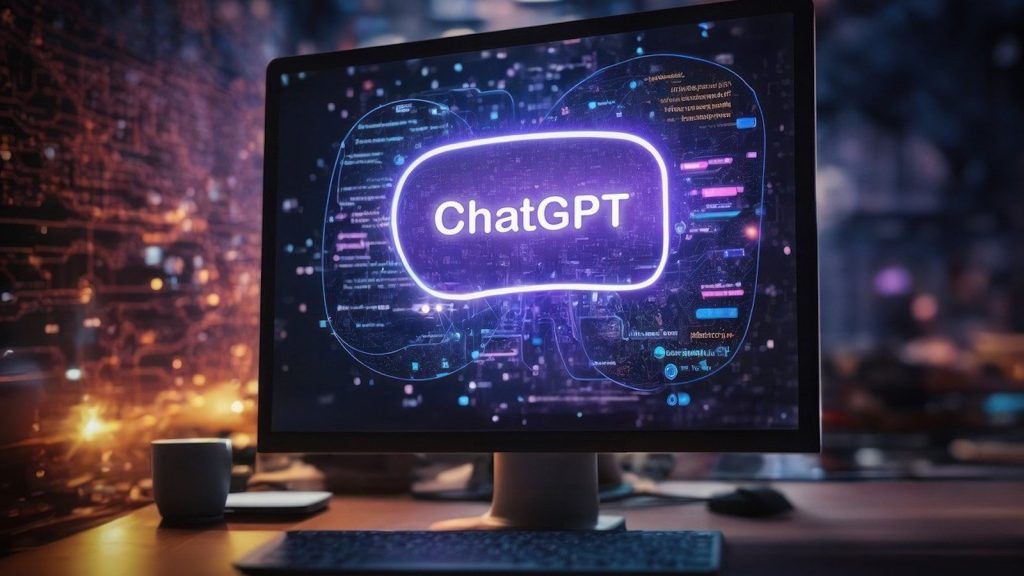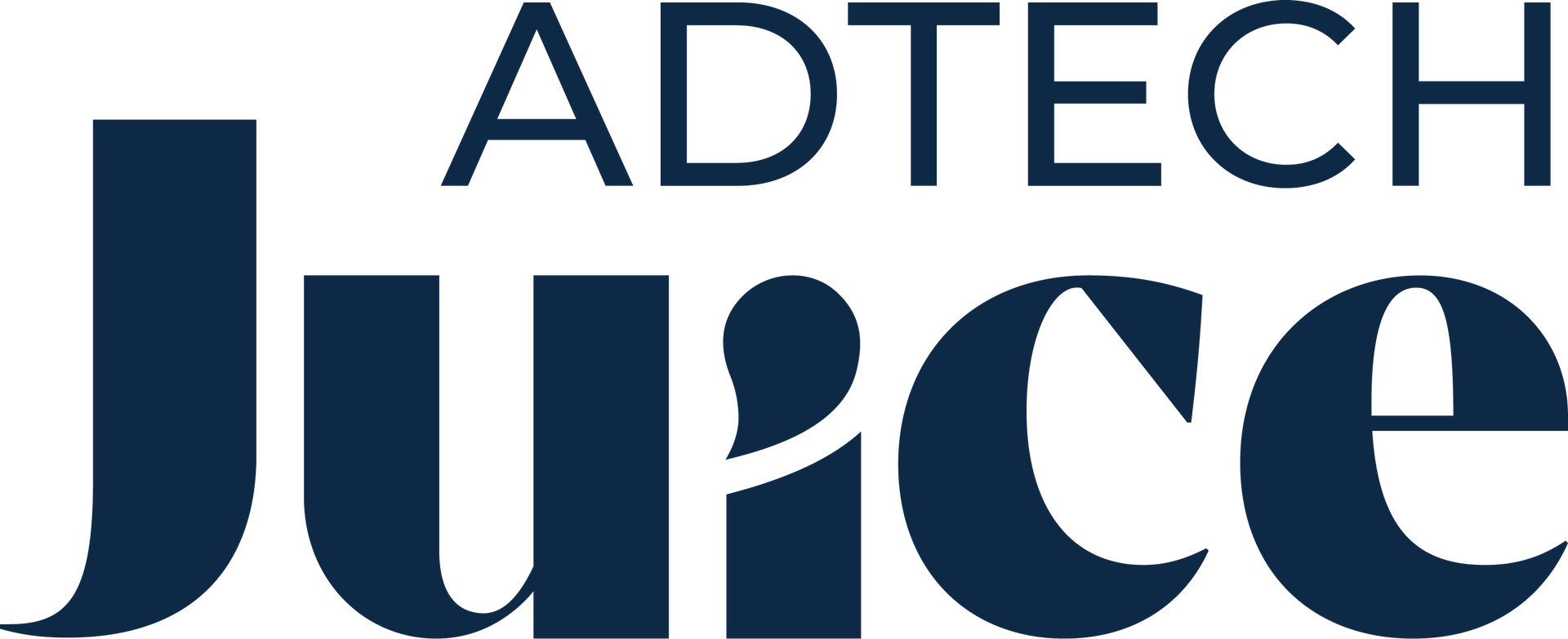ChatGPT one year on: Adtechs on AI’s great new hope

A year ago today a US-based tech firm called OpenAI promised to usher in a new era of artificial intelligence with the launch of ChatGPT.
Immediately, we all started signing in and asking question of this great new arrival, but it also found itself wonting, giving sometimes inaccurate or worse Wiki-style answers.
But has its promise been lived up to as a business tool, and how is it fairing in the media and marketing world in relation to helping brands?
Here, some of the adtech world’s leading human thinkers give their assessment of ChatGPT one year on…
Anoop Ramachandran, CTO, Preciso
“OpenAI’s unveiling of ChatGPT kick-started public conversation about the effects of AI, as the technology left the realm of science fiction and entered the mainstream – with the likes of Google and Meta scrambling to keep up.
“But while AI today is being used for an increasing number of tasks – in the media world as in many, if not most, other industries – there remain significant limitations. The need for human oversight is not likely to evaporate any time soon.
“In the year ahead, while debate will rage on about whose jobs are most at risk, it’s those businesses which manage to integrate AI to work smarter and drive efficiencies and value that will benefit.
“Those who feel they can remove human aspects of collaboration and creativity, in the pursuit of a shiny new toy, do so at their risk.
“It is our hope that, in the programmatic world, AI will help to dismantle barriers and level the playing field.
“But this will require strategic thinking, bravery and an ability to stay up to date with ongoing discussions and developments, as well as caution when it comes to risks such as brand safety, privacy and fraud.”
Emma Lacey, SVP EMEA, Zefr
“One year since its inception, ChatGPT has significantly improved our understanding of the promises and pitfalls of generative AI and chatbots.
“The technology clearly offers innovative and exciting benefits for businesses, such as rapid content generation, translations, and streamlining of workflows.
“However, it has also created challenges: the potential for inaccuracies, issues around copyright and protecting brand assets, and its misuse by bad actors — particularly in propagating online misinformation.
“Brands should be cautious about their ads appearing next to AI-generated content as misinformation can damage both their reputation and consumer relationships.
“Moving forward, businesses that wish to incorporate ChatGPT into their operations must be transparent about the measures they are taking to ensure the reliability, legitimacy, and safety of content.
“They can do this by aligning themselves with the latest industry standards, and also by embracing technology that identifies online misinformation through understanding its intent and contextual environment, such as discriminative AI solutions.”
Ian Liddicoat, CTO and Head of Data Science, Adludio
“ChatGPT’s standout achievement in its first year is its explosive market entry, attracting 100M users and prompting industry giants like Google and Meta to enter the Large Language Model (LLM) space.
“It has shown an impressive ability to respond to a very broad and complex range of queries. However, an inability to count the number of “n” s in banana vs an ability to accurately generate code from a whiteboard flow chart gives some insight into both the complexity of the requests and the range of capabilities to date.
“Nevertheless, the fact that ChatGPT is now ingesting images and video and can use such input to refine its responses is compelling.
“Looking ahead, I anticipate future ChatGPT versions to focus on contextual understanding and tailoring responses for specific industries or interest groups.
“For example, a response for a legal user or a healthcare user would be specifically formatted for that sector.
“I also expect ChatGPT and other Large Language Models to increasingly influence how search responses are delivered across the web.
“This shift is already evident in Microsoft’s enhanced features within Bing, indicating a broader trend in shaping the landscape of online search interactions.”
Jochen Schlosser, Chief Technology Officer, Adform
“Anyone who has ever experimented with ChatGPT will certainly have frowned at the results. For one, as Ferda Ataman, the German government’s independent Anti-Discrimination Commissioner assessed earlier this year:’
“AI makes many things easier – unfortunately [this includes] discrimination’. This is not due to the AI itself; AI today is more like a mirror that shows the world as it is. In this sense, it is extremely conservative.
“For example, if the AI is not explicitly told that you would like a picture of a conference room with equal representation, then it will simply do what is (unfortunately still) the status quo: 90 percent of all pictures of business meetings generated by an AI will mainly show older, predominantly white, men.
“Quality, at a good price, without the risk of a shitstorm, this is what counts in the end. The result is that we are still miles away from saying: ‘Yes, AI can do that for us.’
“Complete disruption of today’s manual, human-led processes by ChatGPT will only take place with a high degree of trust.
“While we may see piecemeal application in some tasks, ChatGPT’s inability to recreate human language accurately, and without embarrassment, means full integration will not happen any time soon.”
Sean Adams, Global Insights Director, Brand Metrics
“When it comes to the world of AI, separating hype from reality remains as important today as it did a year ago when ChatGPT launched with explosive and near immediate global popularity.
“The reality is that there remain significant risks around misinformation and bias, and so a focus on governance is critical when implementing automated technologies.
“In the media world, specifically, while AI can help with a range of tasks, including content creation, human oversight remains critical.
“Whilst the promise of automating mundane marketing tasks and increasing productivity is alluring, there are other risks to be aware of, such as bias or intellectual property theft.
“In that context, independent measurement that does not rely on AI becomes an important counter-balance. For instance, brand lift studies, conducted at scale, can help to assess the real human impact of advertising activity and enable marketers to act accordingly in their future plans.
“The job of a marketer may change but will not lessen in importance. There will always be a need to ascertain what is resonating with audiences.
“While technology can help and machines take on more and more mundane daily tasks, the creative industries must ensure they are populated with storytellers and those who can deliver objective quality as well as speed.”
Jess Dickenson, Managing Director, UK and US, Preciso
“Does ChatGPT spell the end of Google? Imagine a world without search engines, where you get everything you need with a few simple questions with something that knows you intimately.
“The experience is already more conversational than a transactional online search and ChatGPT will only get smarter; it will start to learn our preferences and its answers will feel like a reliable friend.
“As marketers, does this mean we will live in a world without search advertisements and SEO? Will we need to find new ways to reach and engage with consumers? Google is the largest source of traffic for the majority of online brands, so if consumers stop using Google how does that impact them? How do you “optimise” ChatGPT?
“Marketing increasingly relies on the balance of art and science, man and machine, creative and technology. As Generative AI technologies become more mainstream, we will have to use all of these skills to elevate our brands so they remain a meaningful part of consumers’ lives.”
Stephen Jenkins, Founder & MD, Too Many Dreams
“In the absence of a robust education strategy, ChatGPT will usher in the era of ‘plag-AI-arism’ as students, born digitally native, find they can churn out their homework easier than ever before.
“And, unlike copying a Google search result, they’re unlikely to be accused of stealing if they include “write the answer in the style of a 14 year-old boy” to their ChatGPT prompt.
“This doesn’t need to be our future. In our business, we use ChatGPT as an ‘ideas thesaurus’. Just as a traditional thesaurus provides new words to make your writing more relevant and engaging, ChatGPT is the source of more ideas than our small team of creatives could produce alone.
“But it does far more than that. It allows us to explore problems from a variety of perspectives; challenge our thinking and inspire new avenues of exploration; be more playful with possible solutions; and test them on imaginary versions of our target audience.
“The Education Secretary will need to support schools as they explore new approaches to learning and exams. Homework that just tests memory recall is no longer sufficient.
“When Generative AI makes creation immediate, the human skills of synthesis, critical thinking, reasoning, and decision-making must come to the fore.
“It’s these skills our children need to be taught to enable them to thrive in this new world. This isn’t the evolution from abacus to calculator. It’s potentially the greatest teaching assistant we’ve ever seen.”
Kyle Johnson, Head of Paid Media, 26
“Now isn’t the time to worry whether or not ChatGPT is going to steal our jobs in the future. Now’s the time for brands to take advantage of it.
“The increasing prevalence of ChatGPT in our everyday life means you are no longer competing with ChatGPT itself but rather, the brands that utilise it better than you.
“Simultaneously, ChatGPT shouldn’t rest on its laurels. The launch of Google’s BARD and Amazon’s workplace assistant ‘Q’ combined with the recent OpenAI CEO controversy means that ChatGPT has to constantly develop to maintain it’s current dominance of the market.”
Also published in:
Mediashotz



